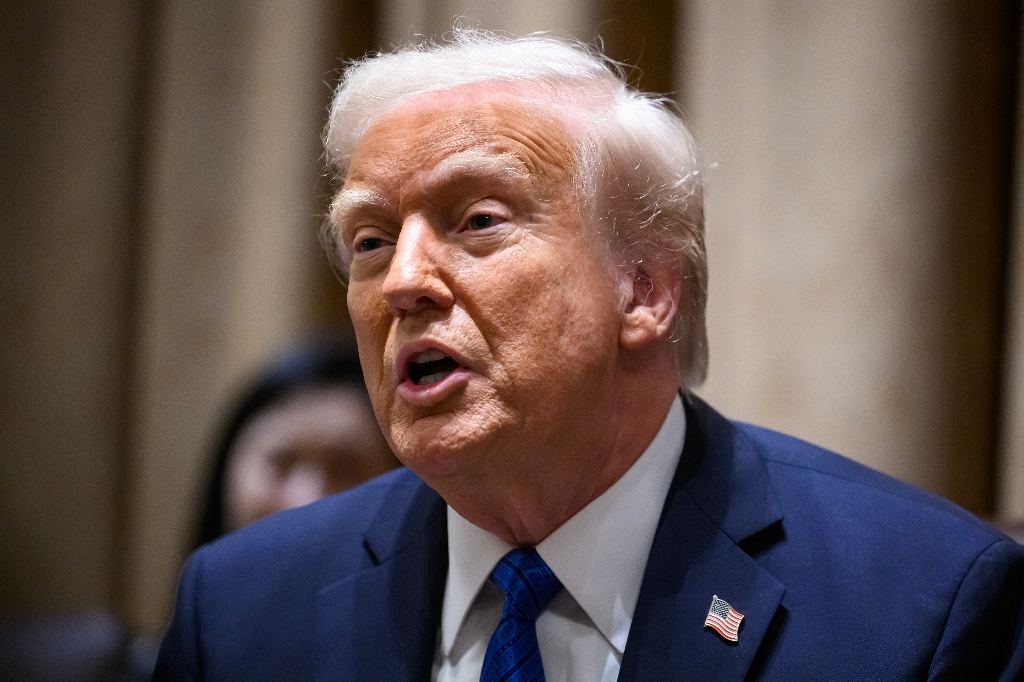Source: EconomyLens
The recent warning from U.S. Treasury Secretary Janet Yellen to China underscores a growing determination in Washington to address the adverse impacts of Chinese imports on American industries. Yellen’s remarks come as she concluded discussions aimed at urging Beijing to rein in its excess industrial capacity during her four-day visit to the world’s second-largest economy.
Yellen expressed particular concern about the surge in Chinese exports of electric vehicles, batteries, solar panels, and other green-energy products. She highlighted the detrimental effects of China’s state-supported production, which has led to a saturation of global markets and threatens industries not only in the U.S. but also across the globe.
Drawing parallels with past challenges faced by the U.S. steel sector due to below-cost Chinese steel flooding the market, Yellen emphasized that the Biden administration would not tolerate a repeat scenario. She emphasized that the influx of artificially cheap Chinese products jeopardizes the viability of American and foreign firms, posing a significant threat to global economic stability.
Despite refraining from explicit threats of tariffs or other punitive measures, Yellen’s strong stance signals a clear intention to protect American interests. Moreover, her discussions with Chinese officials revealed a shared concern among U.S. allies in Europe, Japan, Mexico, the Philippines, and other emerging markets regarding China’s industrial overcapacity.
Yellen proposed a shift in China’s growth model towards bolstering consumer demand and reducing reliance on supply-side investment. This suggests a potential pathway to address the issue without resorting to trade barriers.
The pushback from the U.S. comes amid efforts by China to address industrial overcapacity, as announced by its parliament in March. However, Chinese officials have pushed back against criticisms, arguing that innovation and market competition, rather than state support, are driving the rapid development of key industries like electric vehicles.
Despite China’s assertions, Yellen’s warnings highlight the urgency for meaningful action to ensure fair competition and safeguard domestic industries. The ongoing dialogue between the U.S. and China on financial stability issues underscores efforts to address broader economic concerns while maintaining open channels of communication.
As the U.S. strengthens its resolve to confront the challenges posed by Chinese imports, the international community watches closely to see how this unfolding economic dynamic will shape global trade relations and economic stability in the years to come.




